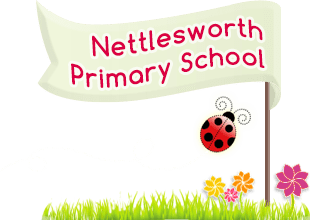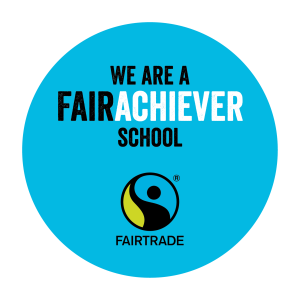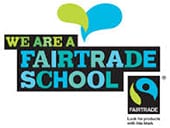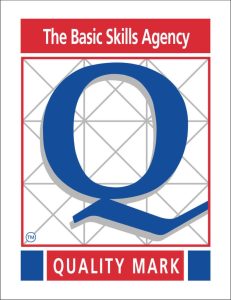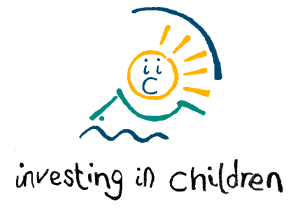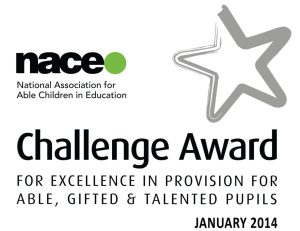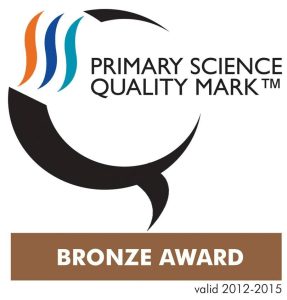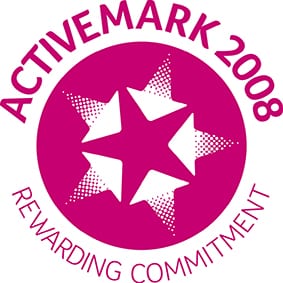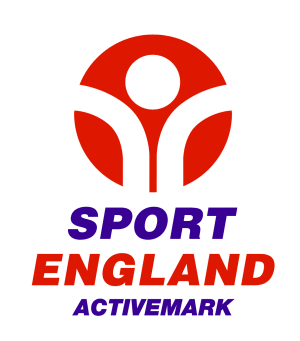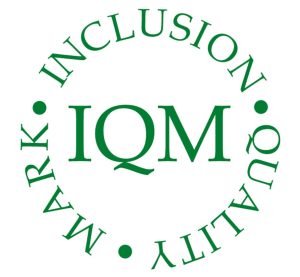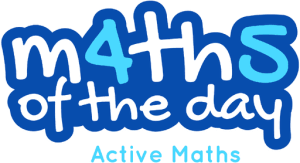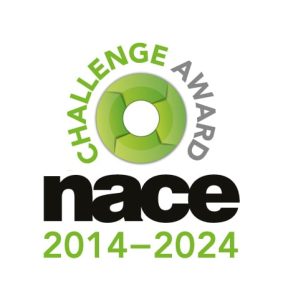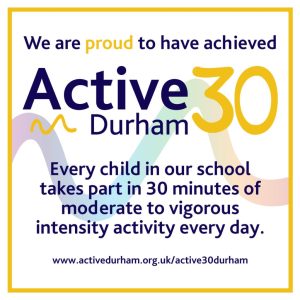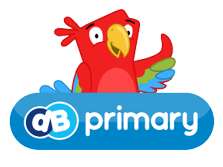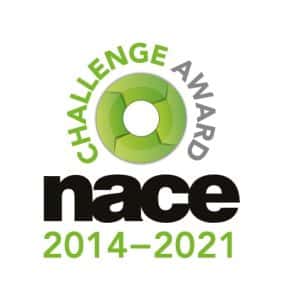Early Years Foundation Stage (EYFS)
The Early Years Foundation Stage (EYFS) statutory framework is a government document that all schools and Ofsted-registered early years providers in England must follow. It sets standards for the learning, development and care of your child from birth to 5 years old. The standards ensure your child will learn and develop well and are kept healthy and safe.
The Early Years Foundation Stage (EYFS) has been reformed and there is a new EYFS framework that all schools and settings are now following as of September 2021. These national changes have been made to better support all young children’s learning and development. It is also the aim that the new framework will better prepare children for the transition into key stage 1.
There are some elements of the EYFS that have not significantly changed and some that have. Below are some of the key points from the new EYFS reforms that include relevant changes which parents, carers and children may notice or experience.
- Staff will be spending less time on large amounts of written observations and assessments for evidence. This means they can spend more time supporting and engaging with the children and their learning and development needs.
- Children will no longer be assessed against statements from an age band e.g. (40-60months). Instead, staff will use their experience and knowledge to monitor if a child’s learning and development is on track for their age.
- The Early Learning Goals at the end of reception have been changed to become more clear and concise. Staff will use their judgements to assess if the children have met these goals at the end of the EYFS and inform parents and carers.
- There is an emphasis on improving children’s language and vocabulary through increasing opportunities for conversations, reading of a wide range of books and holding discussions.
- Literacy and Numeracy skills focused on in the EYFS have been adapted to better match up with the National Curriculum that starts in Year 1.
- There is no longer an exceeding judgement at the end of EYFS. Children will instead be challenged to have a greater depth and understanding of ideas.
- Safeguarding and welfare of children is still a priority, with the added mention of teaching children about the importance of good oral health and how to keep teeth clean and healthy.
What Will My Child Be Learning?
The EYFS framework outlines seven areas of learning and development and educational programmes. There are three prime areas of learning, which are particularly important for your child’s development and future learning:
- Personal, Social and Emotional Development (PSED).
- Physical Development.
- Communication and Language.
There are four specific areas of learning, through which the prime areas are strengthened and applied:
- 1. Literacy
- 2. Mathematics Presenting with opportunities to improve skills in using numbers, counting, and understanding. Calculating single addition and subtraction puzzles. Defining spaces, shapes, and measures.
- 3. Understanding the World
- 4. Expressive Arts and Design
Early years practitioners also use your child’s needs and interests to plan challenging and enjoyable activities and experiences.
How Will My Child Be Learning?
The EYFS framework identifies the essential role of play in your child’s development. It is through both child-led play and play guided by an adult that your child will develop confidence and relationships with others. Through play, EYFS practitioners will help your child to extend their vocabulary and develop their communication skills. A greater focus on teaching specific skills will occur as your child progresses through their reception year, which will help them to prepare for year one.
The EYFS framework identifies three characteristics of effective teaching and learning:
- playing and exploring – children investigate and experience things, and ‘have a go’;
- active learning – children concentrate and keep on trying if they encounter difficulties, and enjoy achievements; and
- creating and thinking critically – children have and develop their own ideas, make links between ideas, and develop strategies for doing things.
EYFS Curriculum Design Statement
Intent
Our Early Years curriculum is based on the Early Years Foundation Stage (EYFS) Statutory Framework, Development Matters 2021 and Birth to 5 Matters. These documents set expectations for children to achieve by the end of the Reception year. Children joining Nettlesworth Primary School come from a range of settings with varied experiences; we aim to plan and deliver a carefully considered curriculum which meets the needs of all children. Our curriculum is ambitious and designed to give children, particularly the most disadvantaged, the knowledge, self-belief and cultural capital they need to succeed in life. It builds on what children know and can do, towards increasing knowledge and skills for their future learning.
At Nettlesworth there is a sharp focus on language and vocabulary development, increasing opportunities for conversations and ensuring that all children can communicate effectively. We provide children with a secure knowledge of phonics, which gives them the foundations for future learning and prepares them to become confident and fluent readers. Our school’s approach to Early Reading and Synthetic Phonics is Systematic. This ensures that children learn to read words and simple sentences accurately by the end of Reception.
We provide an enriching, purposeful and stimulating learning environment both indoors and outdoors which promotes exploration and curiosity. Play is an incredibly important part in the learning process; this paired with adult-led tasks ensures we provide a balanced curriculum with the same academic ambitions for almost all children. For children with particular needs, such as those with SEN and/or disabilities, their curriculum is individualised to meet all of their needs.
Implementation
At Nettlesworth Primary School our children benefit from meaningful learning across the curriculum, ensuring that the children are immersed in a ‘language rich’ environment through a variety of stories, non-fiction texts, songs and nursery rhymes. New vocabulary is introduced regularly linking to the topic of learning, through whole class and group circle times, as well as in child-initiated play through high quality interactions with the children. New vocabulary is modelled effectively by adults supporting the play provision which encourages the sharing of ideas and curiosity of the world around them.
All staff at Nettlesworth are trained in delivering high quality Systematic Synthetic Phonics, using the scheme; ‘Read Write Inc.’ This ensures that children practise their reading both at home and in school using books that match their individual phonic knowledge. Our staff present information clearly to children, promoting appropriate discussion about what they are being taught. We communicate well to check children’s understanding, identify misconceptions and provide clear explanations to improve their learning. In so doing, we respond and adapt our teaching as necessary to ensure that all children make the best possible progress. Staff in the Early Years promote a love of reading by carefully planning adult-led Literacy lessons based around stories or books of interest which link to the topic of learning.
Our staff are knowledgeable about the teaching of Early Mathematics. We provide adult led Maths lessons where children can gain a greater understanding of a range of mathematical concepts. Following these sessions, the children are encouraged to apply their knowledge in their play; through the high quality provision provided. We ensure that children have sufficient practice to be confident in using and understanding numbers as well as delivering activities that provides a strong basis for more complex learning later on. Across EYFS, the teaching is designed to help children remember long term what they have been taught and to integrate new knowledge into larger concepts.
In EYFS, our resources are chosen to meet the children’s needs and promote learning. Our curriculum is taught through a wide range of topics chosen by the children and their interests. It focuses on teaching a balance of skills and knowledge through play and is based on the needs of the current cohort. Regular assessments are carried out through observations, ‘objective led planning’, class/ group work and 1-1 sessions. The knowledge of the children is then used to inform future planning and to support any interventions that need to be put in place. Our curriculum and care practices promote and support children’s emotional security and development of their character; giving clear messages to children about why it’s important to eat, drink, rest, exercise, upkeep body and oral hygiene as well as being kind to one another.
Characteristics of Effective Learning are an integral part of the Early Years and are important when carefully considering the learning environment and the opportunities that will be available. They include ‘finding out and exploring’, ‘being willing to have a go’, ‘being involved and concentrating’ and being a ‘creative and critical thinker’. Our learning environment is carefully planned with the Characteristics of Effective Learning in mind and are constantly adapted to meet the needs and interests of our children. As a team, we value the impact that provision can have and therefore have a range of opportunities for children to develop their Reading, Writing and Maths, but also fine and gross motor skills. These skills can be developed both indoors and outdoors and can be targeted through engaging activities that encourage curiosity and exploration.
In EYFS, we strive on developing strong and positive relationships with our families. Communicating effectively with parents is vital in ensuring good progress for our children. We communicate weekly through a home/school diary and provide information for parents about their child’s progress regularly. Our parents are well informed about supporting their child’s learning at home, including how to help their children learn to read in line with our Read Write Inc. phonics scheme. Parents also get the opportunity to share information, termly, about their child during a 1-1 initial parent meeting, this helps us plan a bespoke curriculum focused on the needs and interests of every child.
Impact
The impact of our curriculum on what children know, can remember and do is strong. Our children demonstrate this through being deeply engaged and sustaining high levels of concentration. Alongside this, our continuous assessment ensures that our children make good progress towards the Early Learning Goals and reach ‘good level of development’ by the end of the Reception year. It also ensures that children are ‘Year 1 ready’ and can continue to make good progress as they move on to the next steps in their journey.
Our children, including those from disadvantaged backgrounds, do well. Children with SEN and/or disabilities achieve the best possible outcomes. Our children develop detailed knowledge and skills across the seven areas of learning in an age-appropriate way.
By the end of reception our children use their knowledge of phonics to read accurately with increasing speed and fluency. They have the personal, physical and social skills they need to succeed in the next stage of their education and present as highly motivated individuals. They share and co-operate well, demonstrating high levels of self-control and respect for others. Our children consistently keep on trying hard, particularly if they encounter difficulties and have a very good understanding of our school ethos and expectations.
Most children achieve the early learning goals, particularly in mathematics and literacy. Our children enjoy, listen attentively and respond with comprehension to familiar stories, rhymes and songs that are appropriate to their age and stage of development. Our children demonstrate their positive attitudes to learning through high levels of curiosity, concentration and enjoyment.
Our curriculum is reviewed regularly to ensure that it meets the needs of our current cohort of children.
Events and Celebration Calendar 2023-24
EYFS Outside Play Policy Sep 2023
Forest Schools
In EYFS, we use the woods and the forests, as a means, to build independence and self -esteem in children. Topics are cross-curriculum including the natural environment. Personal skills of teamwork and problem solving are developed and the woodland environment is used to learn about more abstract concepts such as mathematics and communication. You can find out more in the Forest School section of our website.
Nettlesworth Forest Schools Handbook Sep 2023
For more information please click the links for the below documents:
Statutory Framework for the Early Years: This document outlines the standards for the learning, development and care of children from birth to 5 years old.
Development Matters: This document provides non-statutory guidance materials and supports practitioners in delivering a broad and balanced curriculum.
Birth to 5 Matters: This document provides additional, comprehensive guidance for EYFS practitioners, drawing on previous guidance for the Early Years Foundation Stage (EYFS) which has been updated in order to reflect recent research.
Early Years Foundation Stage Profile Handbook: This document provides guidance and advice from the Department for Education (DfE).
What To Expect When: The purpose of this booklet is to help you as a parent/carer find out more about how your child is learning and developing during their first five years, in relation to the EYFS.
